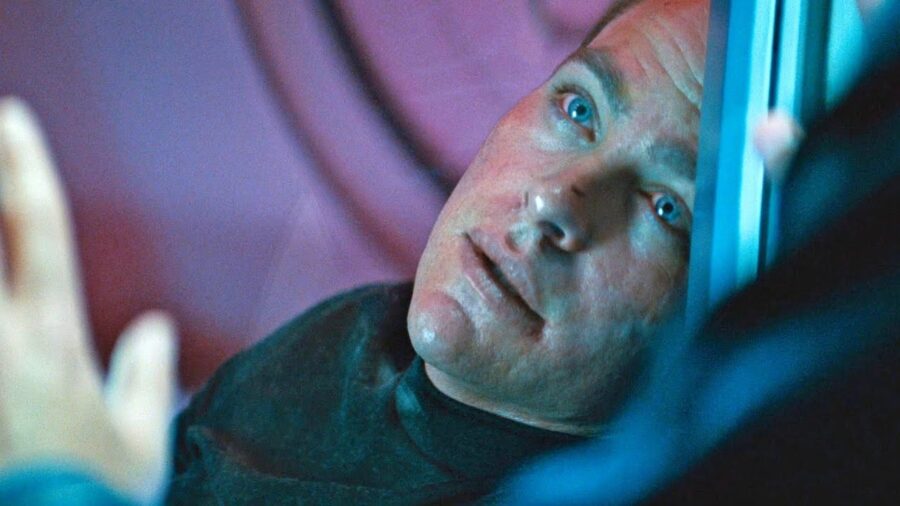Scientists Find Human Brain Still Works Long After Dying

Since the dawn of time, humans have wondered what happens after we die and if there is a life after death. While scientists haven’t been able to crack the code on that particular question, we did recently discover that the transition from life to death isn’t exactly as simple as we once thought it was. According to ScienceAlert, the human brain still works long after dying, and we may even retain flickers of awareness for several minutes.
For centuries, scientists believed dying isn’t the end of brain activity, and now it’s been proven.
Consciousness after dying is not a new concept in the scientific world. In fact, way back in the 1700s, a scientist named Antoine Lavoisier (aka, the “Father of Modern Chemistry”) was sentenced to death by guillotine. Ever the experimenter, Lavoisier instructed his assistant to count how many times his decapitated head continued to blink once sliced from his body — legend has it the assistant counted Lavoisier’s disembodied head blinking a total of twenty times!
In the modern age, we can’t go around decapitating people to see if their brains continue to work for a little while after dying. A recent research project by the New York University Grossman School of Medicine found a way around that challenge by studying individuals during cardiac arrest. They discovered that long after our heart has fallen into a quivering silence, our brain can continue to murmur quietly to itself.
Real-time brain monitoring data further supported the hypothesis that neurological activity could persist after dying despite impaired cardiac function.
The study, which followed up on a previous investigation into near-death experiences, aimed to explore the recall and experiences of patients who underwent cardiopulmonary resuscitation (CPR) in hospitals across the US and UK. A pilot substudy involved monitoring electroencephalogram (EEG) activity and cerebral oxygen levels during CPR, offering a glimpse into the diminishing consciousness of those on the brink of dying.
Among the 567 patients selected for the study, only 213 regained a pulse. Alarmingly, a mere 53 of them survived to be discharged, with a scant 28 deemed healthy enough to participate in follow-up interviews recalling their experience while dying.

The recent study was led by Sam Parnia, a scientist obsessed with uncovering the mysteries of dying. Employing an app, tablet, and headphones, the researchers attempted to uncover signs of awareness in patients undergoing CPR, even if they appeared unresponsive.
Intriguingly, none of the 28 patients who escaped from dying and were later interviewed could recall the images on the tablet or the sounds from the headphones. Nevertheless, their brains appeared to exhibit some degree of activity. Survivors reported fragmented recollections of their resuscitation, including the sensation of chest compressions, the presence of electrodes on their skin, and the auditory perception of voices from the medical team.
Dying is still a mystery, but seemingly bizarre research studies like this can help shed some light on the end result for all life on Earth.
Real-time brain monitoring data further supported the hypothesis that neurological activity could persist after dying despite impaired cardiac function. Remarkably, 40 percent of survivors displayed relatively normal or near-normal EEG recordings for up to an hour into CPR. These recordings reflected patterns that neurologists typically associate with higher mental functions.
Dr. Parnia commented on the findings, stating that even though the previous assumption was that the brain suffered permanent damage 10 minutes after the heart ceases, the study discovered the brain could show signs of activity much longer. He concluded by saying, “This is the first large study to show that these recollections and brain wave changes may be signs of universal, shared elements of so-called near-death experiences.”












